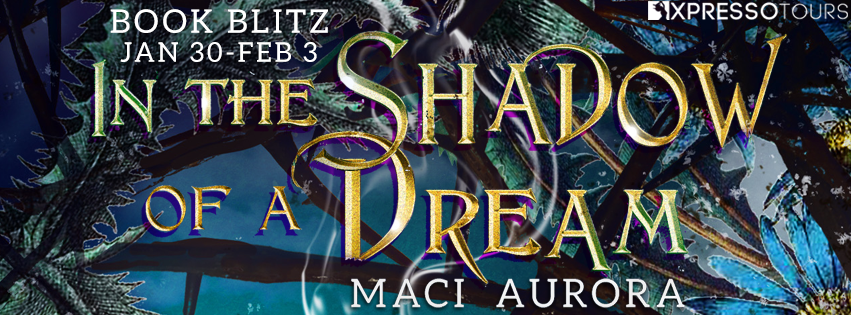Copyright - the exclusive and assignable legal right, given to the originator for a fixed number of years, to print, publish, perform, film, or record literary, artistic, or musical material.
What is a Copyright?
Copyright is a legal right created by the law of a country that grants the creator of an original work exclusive rights for its use and distribution.
I found this article from Alllaw.com. I couldn't reblog, so copied it here.
Source: http://www.alllaw.com
Copyright Basics
by Rebecca Berlin
A copyright provides protection for original works of authorship, fixed in a tangible medium of expression. This includes literary, musical, and dramatic works, as well as photographs and graphics, audio and visual recordings, software, and other intellectual works.
In order for the work to be "fixed in a tangible medium of expression", it means that it has been set in a form in which it can be perceived either directly or with the aid of a device. For a literary work this could be when it is first created on a computer or paper. For a musical work it could be either the phonographic recording or the sheet music. An example of something that is not "fixed in a tangible medium of expression" is an improvisational speech that has not been written or recorded. Mere ideas do not have copyright protection; the idea must be fixed in a tangible form for copyright protection to be created.
The owner of a copyright has the exclusive right to control the reproduction, distribution, performance, and display of the work, and the preparation of derivative works. Original ownership of the copyright is granted to the author of the work. But if the author creates the work in the scope and course of employment, then the employer is considered to be the author under the "work for hire" doctrine. A party may also be considered the author of certain works, if the work is commissioned and the contract specifically states that the "work for hire" doctrine applies.
Ownership of a copyright can be transferred. A transfer of the owner's exclusive rights must be made in writing. A transfer of less than the owner's exclusive rights does not need to be in writing.
Copyright protection attaches as soon as the work is fixed in a tangible medium. It is not necessary to file for copyright protection. There may, however, be certain advantages to registering a copyright. For works of US origin, registration is required before an infringement suit may be filed. If there is a timely registration of the work, the owner of the copyright may receive statutory damages for infringement beyond any award of actual damages and profits. A copy of the registration can be recorded with the US Customs Service to prevent the importation of unauthorized copies as well.
Whether or not the copyright is registered, the author should begin using the copyright symbol immediately as a method of informing others that he intends to exercise control over the production, distribution, display, and or performance of the work. Notice is not currently a requirement of the copyright law, but it does prevent others from claiming a defense of innocent infringement.






No comments:
Post a Comment
Please leave your comments here...